While dirty money or money laundering scheme can be easily made legitimate, the same cannot be said about money plundered or stolen via corruption – especially by politicians. In other words, it’s easier for drug dealers to launder their drug money than politicians to legitimatize their ill-gotten money. The biggest difference between them is the amount of money involved.
You can withdraw a million dollar, visit a casino nearby, play a couple rounds of roulette game and exchange your remaining chips by requesting cheques to be issued instead. Repeat that a couple of times and voila, your dirty money is now cleaned and you’re untouchable by the Inland Revenue Department. But it’s harder to become Pablo Escobar nowadays than Najib Razak.
That’s because Pablo Escobar was a Colombian drug lord while Najib Razak was a Malaysian former prime minister. Very few would question Escobar when he played at a gambling table. But all hell will break loose if Prime Minister Najib, a Malay-Muslim, entered a casino to play rounds of roulette game with the intention to clean his dirty money. Get the juice?
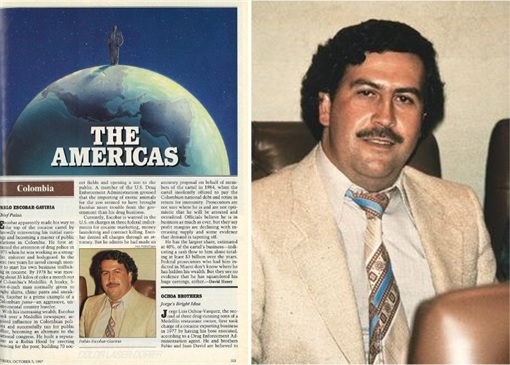
Besides, even if Najib secretly flew to sin city Las Vegas to gamble, it would be both tiring and silly to repetitively visit the casino and request for winning cheques from the cashier. After his stunning lost in the May 9 general election, Mr. Najib reportedly has stashed at least RM100 billion (US$24.63 billion; £18.75 billion) in foreign banks.
Yes, alleged big crooks like Najib Razak will not clean their dirty money the same way drug lord Pablo Escobar did. They kept their stolen money in tax haven countries. Switzerland used to be the top tax haven in the world, but not anymore. Switzerland’s strict bank secrecy laws are cracking – thanks to powerful foreign regulators from Germany, France, Britain and United States who target tax evaders.
Some of the tax havens that are popular include U.A.E (United Arab Emirates), Monaco, Qatar, Oman, Kuwait, Bermuda, Dominica, Andora, Cayman Islands, The Bahamas, Bahrain, Gibraltar and even Hong Kong. You can read here to find out why they are the popular destinations for the crooks. Now, do you understand why fugitive Jho Low sought shelter in Dubai?
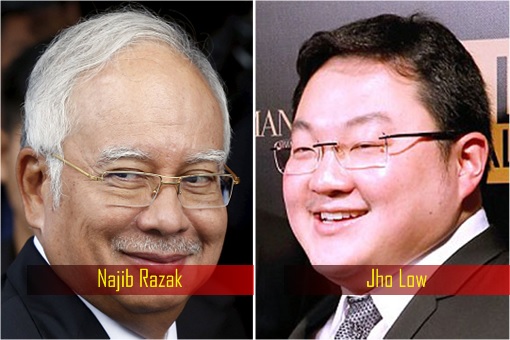
Get real, do you think just because the Middle East consists of 99% Muslim-majority countries, the Arabs give a damn how “halal (permissible)” or “haram (forbidden)” those dirty money are? But stashing dirty money in those tax havens is just only half of the story. A crook such as Jho Low has to get ready to run when their fortune takes a turn for the worse.
In the case of Jho Low, his luck ran out when his protector – former PM Najib Razak – lost power recently. Mr. Low’s Malaysian passport has been cancelled by the new government. So, the other half of the story is to buy a second passport. While tax havens love your dirty money, it doesn’t mean they love to have you as their citizen, for obvious reason.
Everything is for sale in this world. For the right price, there are countries which are willing to sell you their passport. While many nations, the U.S. included, allow legal residents the chance to apply for citizenship after meeting certain criteria, only 10 countries permit outsiders to acquire citizenship outright. They are like the fast-food chains of passport.
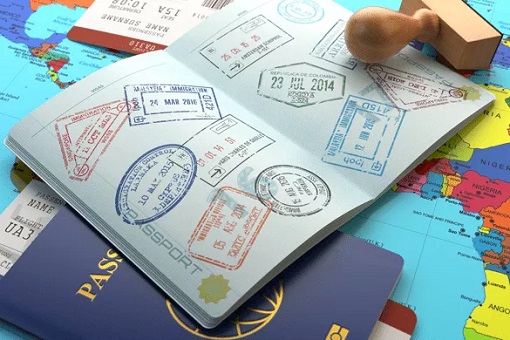
Of course, most require cash in the form of a direct investment, typically in property or a local business. Coincidently, 8 of the top-10 countries that sell passports are classified by the IMF (International Monetary Fund) as offshore financial centres. It makes you wonder if the IMF was working hand-in-glove with them to provide sanctuary for crooks.
To be fair, buying second passport isn’t the only favourite pastime for the crooks and corrupt politicians. The super-rich have the fetish for such toys too. After Rolex, Rolls Royce, private jet and superyacht, the next trophy for the ultra-wealthy is a second passport. According to Christian Kalin, chairman of Henley & Partners, which provides citizenship advice, wealthy buyers “are looking for security.”
Kalin said it was more of bragging rights – “If you have a yacht and two airplanes, the next thing to get is a Maltese passport. It’s the latest status symbol. We’ve had clients who simply like to collect a few.” Among the top-10 countries which sell passports, Austria ranks the most expensive, requiring US$23,750,000 for a passport. Applicants are required to invest actively in the local economy.
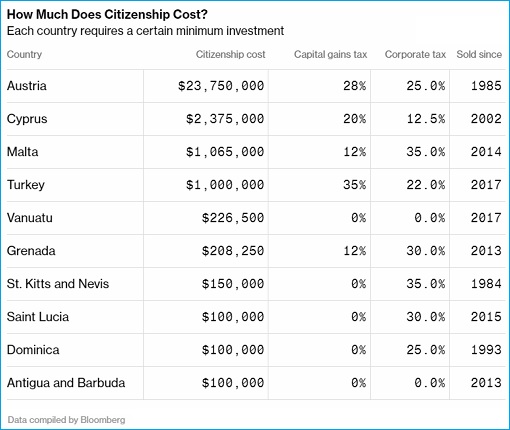
But if you are willing to pay only 10% of what Austria requires, your next best choice is Cyprus. Norwegian-born shipping billionaire John Fredriksen has been a Cyprus citizen for more than a decade. To become a Cyprus citizen, you just need to pay US$2.375 million. If you fancy Turkey, the passport is yours if you are ready to purchase a property valued at a minimum of US$1 million.
Alternatively, you can get a Turkish passport by keeping US$3 million in a Turkish bank account for three years. The infamous fugitive Jho Low, wanted in Malaysia and Singapore and is on the Interpol red notice, is believed to be travelling on a St. Kitts and Nevis passport after his original Malaysian passport was cancelled by the authorities.
Getting a St. Kitts and Nevis passport is quite cheap, according to Bloomberg – US$150,000 – and the citizenship will be ready in less than 60 days. To fugitive Jho Low, that was like some loose change to him. There are cheaper one from Saint Lucia, Dominica and Antigua and Barbuda, all sell a passport for as little as US$100,000.
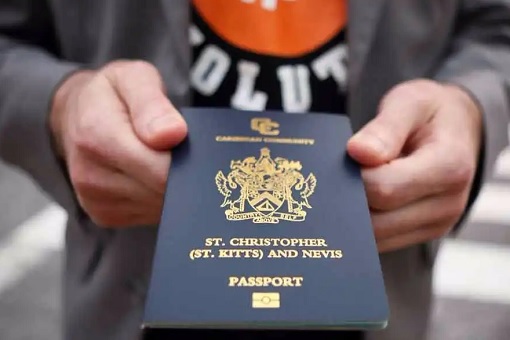
However, as citizens of St. Kitts & Nevis, you and your family are issued with passports which allow visa-free travel to more than 141 countries (as of Feb 2018) territories worldwide, including the entire EU. This ranks St. Kitts & Nevis passport 26th in terms of travel freedom according to the Henley Passport Index. Jho Low is quite a clever fugitive, is he not?
– Finance Twitter




No comments:
Post a Comment
Note: Only a member of this blog may post a comment.